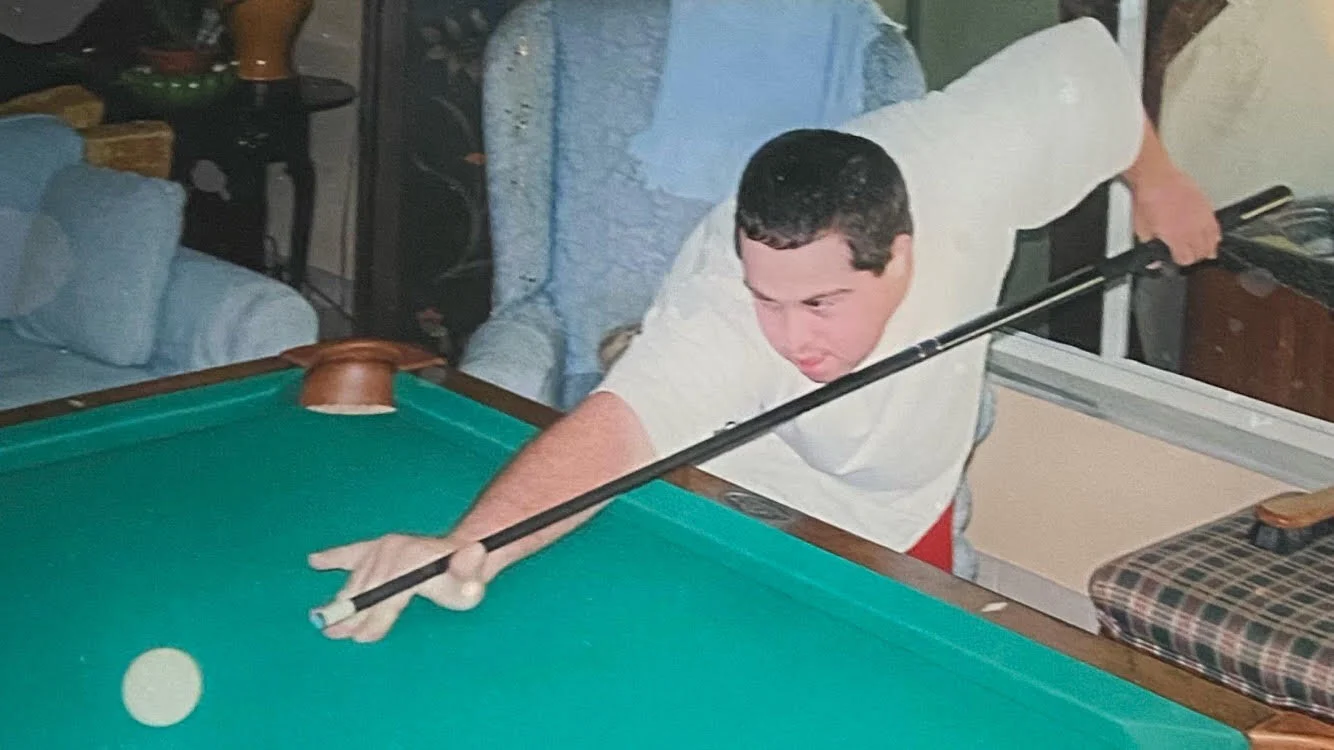The Importance of Play
Leader A: "Let's play pool"!!
Leader B: "There's no time for that; we have a lot of work to do"!!
Leader A: "Exactly!! So let's play pool"! 🎱
“If you want to be creative, stay in part a child, with the creativity and invention that characterizes children before they are deformed by adult society.”
The value of Play has been shown to be a major reason for most, if not all, of society's educational and psychological gains. The arts and the sciences have been enhanced by the benefits of play. Indeed, the world would be a dull place if it were not for being able to go out (or stay in) and play!! In many ways, it is through play that we learn about the world and, just as importantly, about ourselves!!
As we play, the endorphins that are released, in addition to the enhancement of memory, brain function, creative thought processes, and increased stimulation, have been shown to enhance life experiences and improve life's joys.
The problem seems to come about when the value of play is "downplayed" - if you'll forgive the pun! It seems that from an early age play itself is thought of as only a "reward" for completing an activity (often unpleasant), rather than a joyful activity in itself.
Play can be the stimulation that brings about the activity that produces progress. How many times is play referenced in everyday comparisons to life's success (or lack thereof)...
He "dropped the ball," she's "on her game," they "lacked teamwork," or, in relationship to the game of pool itself, he "missed the 8 ball," she "took her best shot," and so on.
As children we are taught that you must finish your work BEFORE you can go out and play!! So play becomes the "reward" for work, and kind of a not-so-important activity!! As adults this becomes interpreted as "lazy people play; successful people work"!!
My son, Michael Horan, enjoying a game of pool.
Play Therapy, which is often a form of intervention with children experiencing apparent mental health issues, allows the child to lead and the therapist to follow his/her lead. Thus the child becomes the inventor of the play activity while teaching the therapist what is important to him/her.
In this way the child shows and the therapist listens, follows, interacts and interprets. So "PLAYING" is the cure for the child to express him or herself—it is not the distraction from what he/she "SHOULD BE" doing, but rather a sampling of what he/she "ENJOYS" doing!!
So how does all of this relate to "Pool" or, as commonly referred to in the vernacular, "Billiards" ?? Refer back to Leader A and Leader B in the short dialogue at the beginning of this essay. Leader A wants his/her staff to play pool first; Leader B wants his/her staff to work first. Leader A's response is that they both want the same result, but playing first may move the endorphins and creative genius to eventually do a better job and come to a more quality result.
I'll close with this quote from the famous Swiss Psychiatrist Carl Jung:
"The creation of something new is not accomplished by the intellect but by the play instinct acting from inner necessity. The creative mind plays with the objects it loves."
Submitted by: Thomas J Horan, EdD, MBA; Licensed Clinical Psychologist

